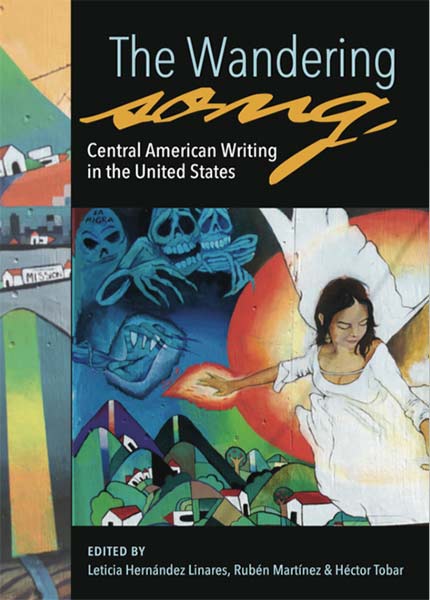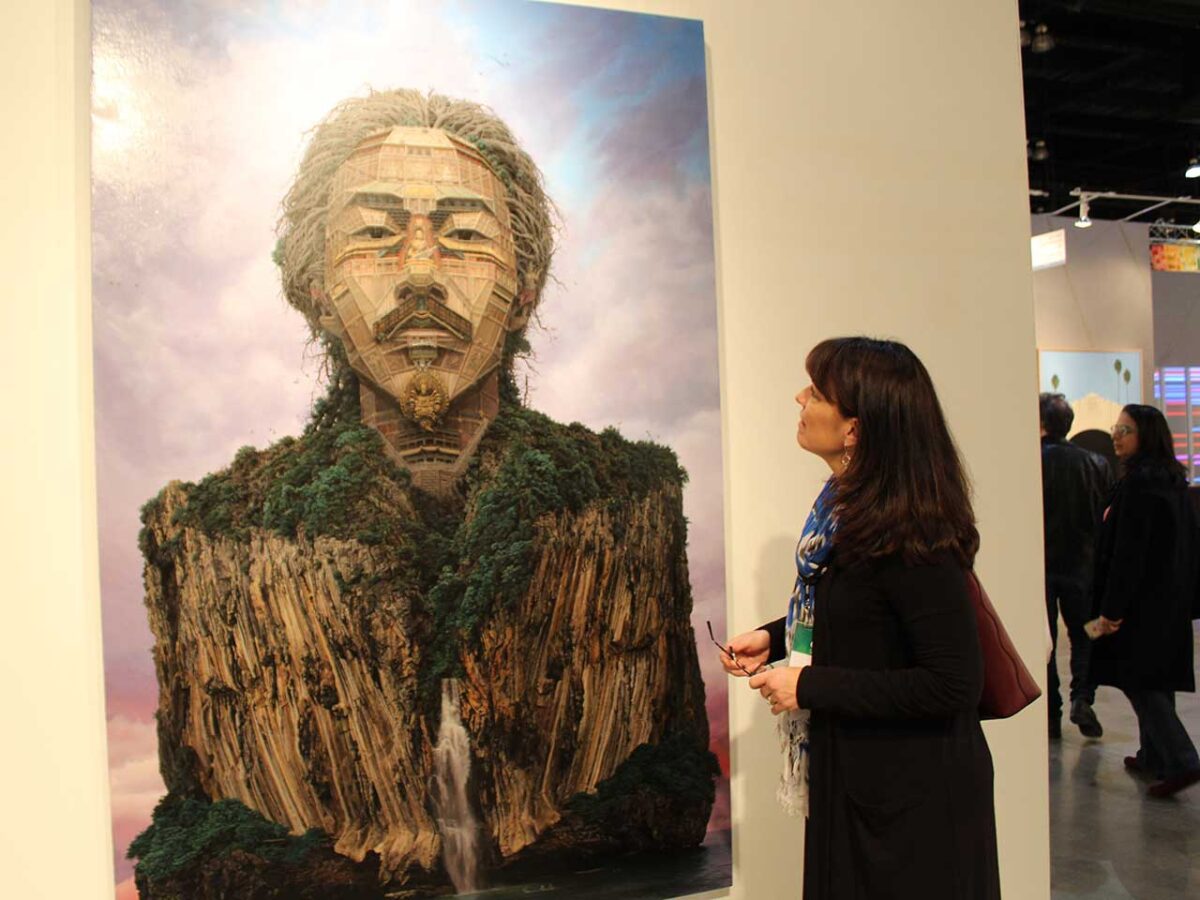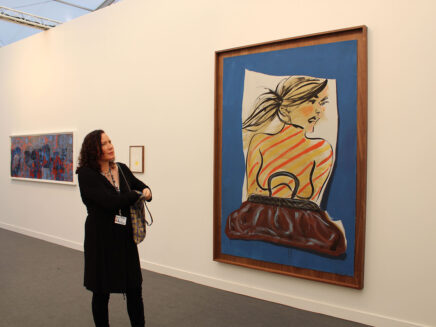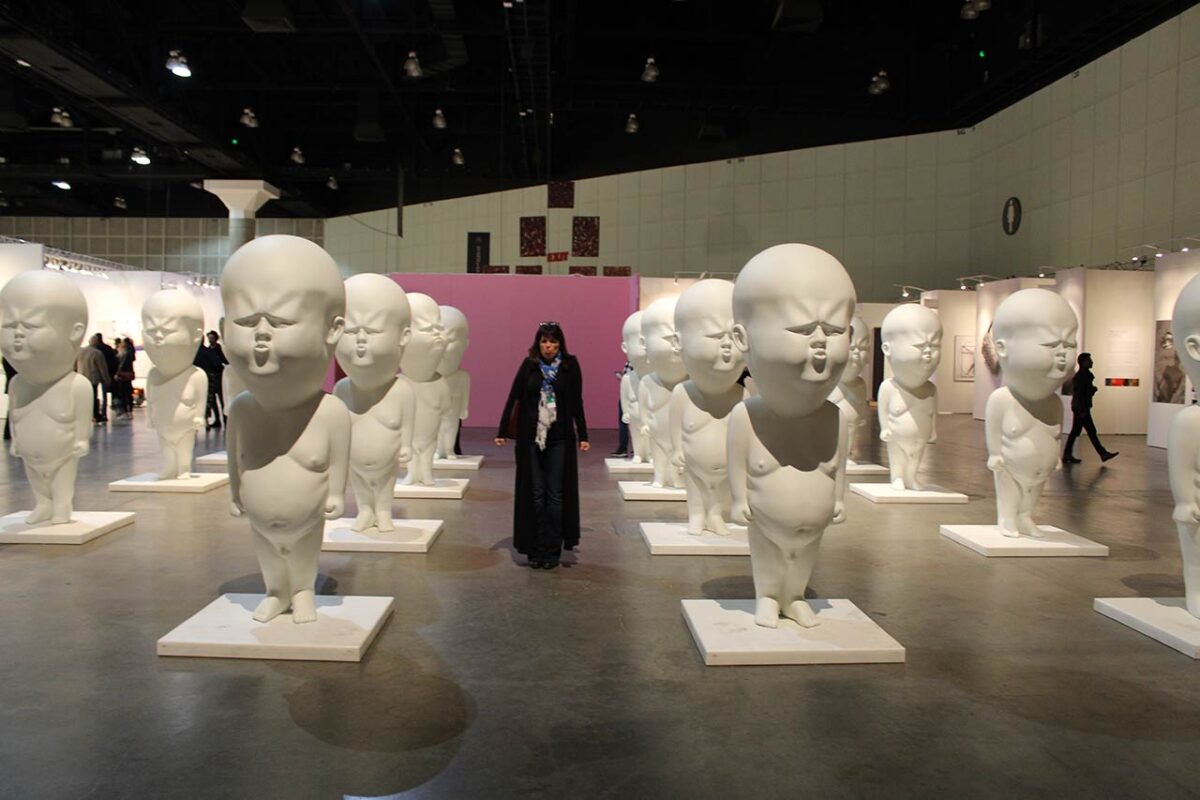The Wandering Song: Central American Writing in the United States, Tia Chucha Press, 2017 (Northwestern University Press distributor)
Prelude by Leticia Hernández-Linares LA MISIóN, SAN FRANCISCO
November 28, 2016
HOME WAS BEHIND US, always somewhere else. Born into 1970s Los Angeles, a few months after my parents arrived in the United States, I experienced El Salvador as a distant place we referred to as “back home.” Civil war disappeared the pos- sibility of return, and yet, my parents’ country transplanted itself within the walls of this other home, colored our beans, determined our verb conjugations and our difference. “Back home” shadowed our lives here; my parents baptized me en la Parroquía Sagrada Familia, the church in my father’s neigh- borhood, la Colonia Centroamérica, and thanks to his uncen- sored storytelling, I am aware that my conception occurred at la Playa San Diego, La Libertad. Most of my family re- mained in El Salvador and we called them on rotary phones, often communicating through static-filled calls with delays that underscored the vast space between us.
I developed a deep bond with “back home,” despite the distance and thanks to the thick thread of my father’s stories. Donning the folkloric dresses my grandmother would send north, I would put on shows for family and friends, making up the steps no one taught me. My father, bass player for Los Lovers, a bilingual Salvadoran band, and my mother who cro- cheted and did ceramics taught me who I was through mem- ory, lyrics, and handmade things. As I came of age, textured stories wrapped me tight in a web of nostalgia and wander- ing, all despite my privileged place of birth.
Home was behind us, always somewhere else. The only other place my family and I traveled, other than back home, was the Mission District of San Francisco, the Central Amer- ican heart of the Bay Area; the trip, the soundtrack––the very road itself––were equally important parts of the experience. As a twenty-something, I returned to the Mission. I came following in the footsteps of an uncle who taught me how to heal and how to own the indigenous and the migrant in my blood. I came here in pilgrim- age to be part of a thriving community of artists and writers, and have lived on the same block since 1995. Ironically, during the last year, my poet- husband Tomás, our two sons, and I have been fighting an eviction from our home. We have lived under an expiration date on how long we can stay in this community of neighbors, murals, action, and convivencia—at least that’s what it was once. Only the latest victims in a terrible epidemic of displace- ment by eviction or by fire, we live with a sense of impending exile from this, my longest, and our sons’ only home.
WRITERS OF THE CENTRAL AMERICAN DIASPORA have occupiedhaky literary and historical ground ––until now. For so many years the voices in this book have, largely unbeknownst to one another, hummed the melody of a wander- ing song. My co-editors, Rubén Martínez, Héctor Tobar, and I present a chorus of writers, artists, and performers who unequivocally answer a critical question: yes, there really is a Central American Literature and it includes a complex, bilingual, and multinational space. This book offers a literary soundtrack where there was mostly silence, and assembles a spine that can withstand the telling of who we are in this country.
In his study, La Lengua Salvadoreña, Pedro Geoffrey Rivas reflects on the importance of tracing the geography of language, and how “el mundo es el lugar donde uno vive lo que se ha dicho y queda escrito… adónde uno habla. Donde está la voz o su ausencia. La voz es el mundo.” (“The world is the place where one lives what has been said and remains written… where one speaks. Where the voice is, or its absence. The voice is the world.”)
Rivas writes of how inscription makes and unmakes place, and claims that his study, a tribute to homeland, will only capture the Salvadoran voice of a certain time because language is ever-changing with place. The earth is not the only part of our landscape that moves. We compile and present all these words here, in this time and place, without proposing to define or limit what Central American Literature is or will be. Rather, we offer a significant piece of a much larger picture.
The various stages of Central American immigration to the United States have largely emerged from situations of extreme violence and poverty. While movement and presence can be traced to the 1950s and 1960s, war and its long devastating aftermath in Guatemala, El Salvador, and Nicaragua was the principal impetus for immigration patterns in the 1970s and 1980s. Frequent earthquakes, hurricanes, the importation of gang violence from the U.S., and ongoing economic instability continue to push our gente to make the journey.
During the last few years, “surges” of unaccompanied children arriving in the U.S. provoked renewed attention. Now more than four million Central Americans reside in the United States, and no less than two of our home countries in the so-called Northern Triangle of Central America are consid- ered the most dangerous in the world. We are immigrant and refugee, first, second, and even third generation.
This book enables us to retrace our steps and chart the unincorporated territory of our stories.
We hope that you, Chapín in Los Angeles, Guanaca in D.C., Nicoya in San Francisco, Panameño in New York will feel at home in these pages and invite friends to take the journey with you. In the first section, El Camino Largo, we travel back and forth in time and between here and there, rendering different aspects of the journey that forms the foundation of our community and this anthology. In En La Voz Alta, poets and performers string together voices and pieces of language to craft terms to define themselves. While spo- ken word and performance writers appear throughout the book, this section privileges the act of storytelling and community engagement as a substantive part of our literary craft. In La Poesía de Todos, we feature work that bridges a multiplicity of themes and genres, leaving the path ahead, beyond this book, open.
Ultimately, The Wandering Song: Central American Writing in the United States embodies our canto popular. This Tía Chucha Press anthology demon- strates how we continue to shift the map, what no amount of anti-immigrant sentiment and xenophobic backlash will erase. As Rubén Darío implied in the poem this book is named after, we offer salve through our singing, and we hope you will sing along—loudly, y con ganas.
The Editors:
Leticia Hernández Linares, author of Mucha Muchacha – Too Much Girl and three times San Francisco Arts Commission Individual Artist Grantee. Rubén Martinez, the son and grandson of immigrants from El Salvador and Mexico is a writer, performer, and professor of literature and writing at Loyla Marymount University. Héctor Tobar is a novelist and journalist, the author of four books, and the Los Angeles-born son of Guatemalan immigrants
Tia Chucha Press began in 1989 with the publication of Luis J. Rodriguez’s first book, the 19-poem collection “Poems Across the Pavement,” designed by Jane Brunette of Menominee/German/French descent, who has remained as TCP designer ever since. With Jane’s artistic skills for covers and inside pages, and Luis as founding editor, the press began publishing the best collections of the thriving Chicago poetry scene – home of the Poetry Slams – featuring poets such as Patricia Smith, David Hernandez, Michael Warr, Lisa Buscani, Tony Fitzpatrick, Cin Salach, Carlos Cumpian, Elizabeth Alexander, and more.
Other stories and links by Luis Rodriguez…
Luis Rodriguez’s “Words” and “Heavy Blue Veins: Watts 1959” + Post Laureate updates
https://blog.lareviewofbooks.org/events/conversation-poet-laureate-publisher-mentor-luis-rodriguez/
new-literary-anthology-from-tiachucha-press-began-with-chicago-poetry-and-poet-laureate-emeritus-luis-rodriguez
wandering-song-central-american-writing-united-states-prelude-leticia-hernandez-linares




